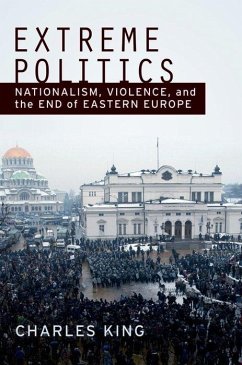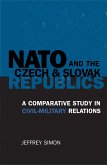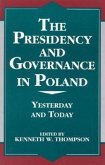Why do some violent conflicts endure across the centuries, while others become dimly remembered ancient struggles among forgotten peoples? Is nationalism really the powerful force that it appeared to be in the 1990s? In this wide-ranging and readable set of essays, Charles King examines the conceptual intersection of nationalist ideology, social violence, and the political transformation of Europe and Eurasia over the last two decades. The end of communism seemed to usher in a period of radical change-an era of extreme politics..that pitted nations, ethnic groups, and violent entrepreneurs against one another, from the wars in the Balkans and Caucasus to the apparent upsurge in nationalist mobilization throughout the region. But the last twenty years have also illustrated the incredible diversity of political life after the end of one-party rule. Understanding these changes requires an appreciation for the multiple pathways from communism, as well as the particular ways in which scholars from the West have engaged with the region. As King shows, recognizing the intellectual predispositions and trajectories in the West is critical to understanding how scholars have interpreted-and at times misinterpreted-the complex politics of the ex-communist East. Extreme Politics engages with themes from the micropolitics of social violence, to the history of nationalism studies, to the nature of migration and demographic change in Eurasia. Published exactly twenty years since the collapse of the Communist system, Extreme Politics charts the end of Eastern Europe..as a place and chronicles the ongoing revolution in the scholarly study of Russia, the Balkans, and the wider postcommunist world.
Hinweis: Dieser Artikel kann nur an eine deutsche Lieferadresse ausgeliefert werden.
Hinweis: Dieser Artikel kann nur an eine deutsche Lieferadresse ausgeliefert werden.









